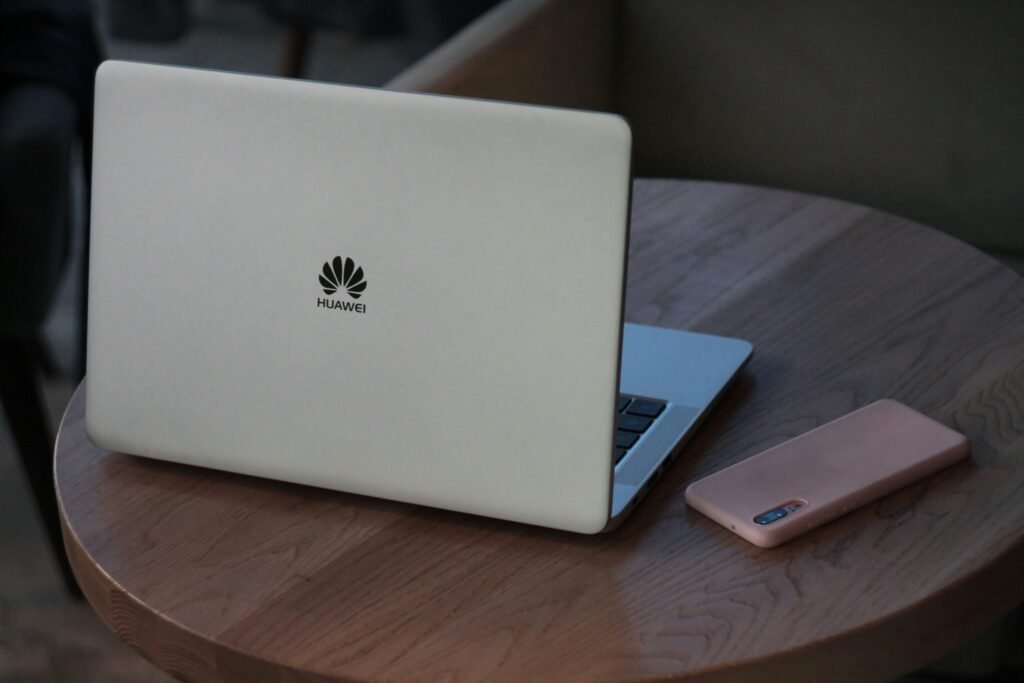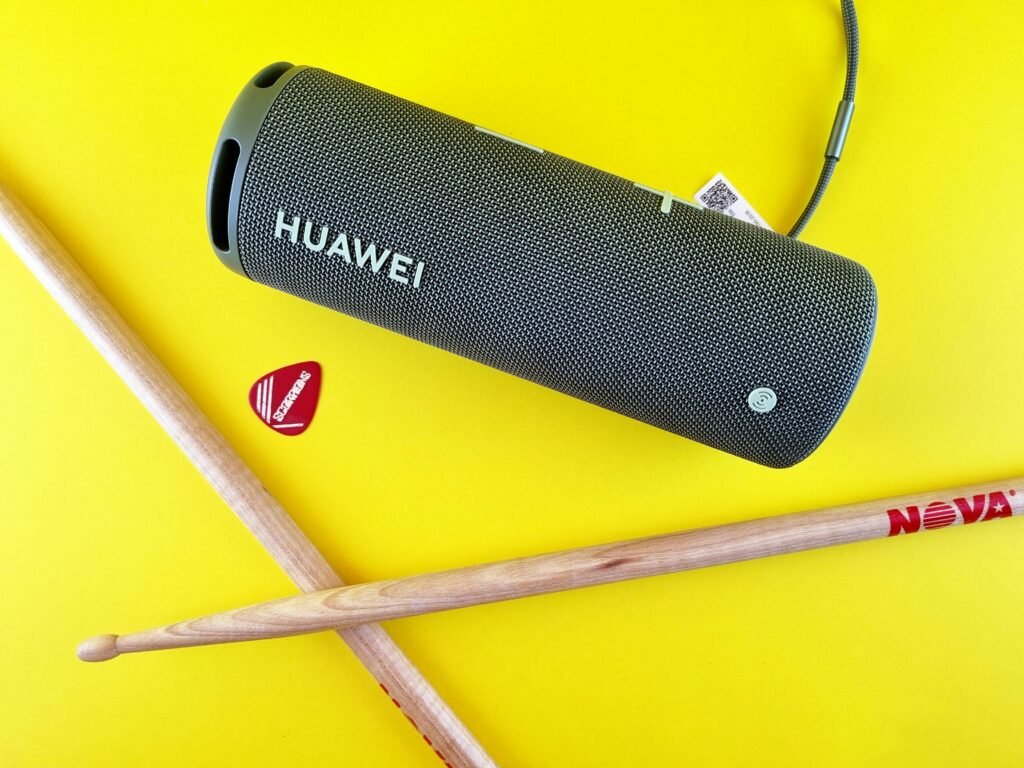
Huawei, a name synonymous with technological innovation, has established itself as a dominant force in the Chinese market. From smartphones and telecommunications equipment to cloud computing and artificial intelligence, Huawei’s tentacles reach across various sectors, solidifying its position as a national tech champion. But what factors have fueled this remarkable rise, and what does the future hold for Huawei in the face of a complex geopolitical landscape?
One key driver of Huawei’s success lies in its relentless focus on research and development (R&D). The company dedicates a significant portion of its revenue – over 10% annually – to innovation, fostering a culture of cutting-edge technology development. This commitment has yielded impressive results. Huawei boasts a robust patent portfolio, constantly pushing the boundaries in areas like 5G technology and chip design.
This focus on R&D is intertwined with another crucial factor: Huawei’s domestic supply chain. The company has meticulously cultivated a network of local suppliers, reducing reliance on foreign components. This strategy not only fosters self-sufficiency but also injects significant capital into the domestic tech ecosystem, creating a symbiotic relationship between Huawei and Chinese tech giants.
Furthermore, Huawei has capitalized on China’s burgeoning mobile phone market. By understanding the specific needs and preferences of Chinese consumers, Huawei tailors its smartphones to local tastes. This includes features like advanced camera technology, powerful processors catering to mobile gaming, and competitive pricing strategies. This consumer-centric approach has resulted in Huawei consistently topping smartphone sales charts within China.

However, Huawei’s dominance extends beyond consumer electronics. The company is a leader in telecommunications infrastructure, supplying critical equipment to major Chinese network operators. This dominance in the domestic telecom market grants Huawei significant influence over the flow of information within China.
The Chinese government has also played a role in Huawei’s ascent. Government policies promoting domestic innovation and prioritizing Chinese tech companies have undeniably created a fertile ground for Huawei’s growth. Additionally, state-backed investments in infrastructure projects have provided Huawei with valuable opportunities to showcase its technological prowess.
However, Huawei’s journey isn’t without its challenges. The ongoing trade war between the US and China has cast a long shadow. Accusations of espionage and security threats have led to restrictions on Huawei’s access to US-made technology, particularly semiconductors, a crucial component for smartphones and other electronic devices. This has forced Huawei to invest heavily in developing its own chipsets, a complex and time-consuming endeavor.
Despite these challenges, Huawei remains a formidable force in the Chinese market. The company is constantly innovating, seeking alternative suppliers, and exploring new avenues of growth. Huawei’s HiSilicon arm is spearheading efforts in chip development, aiming to reduce dependence on foreign technology. Additionally, the company is venturing into areas like cloud computing and artificial intelligence, positioning itself as a comprehensive tech solutions provider.
Looking ahead, Huawei’s future hinges on its ability to navigate the geopolitical landscape and overcome the hurdles imposed by US restrictions. The company’s success in developing its own chip ecosystem will be critical. Additionally, Huawei’s ability to forge new partnerships and diversify its markets beyond China will determine its long-term global standing.
Huawei’s dominance in the Chinese market is a confluence of factors. From its unwavering commitment to R&D to its deep understanding of domestic consumer preferences and the backing of the Chinese government, Huawei has carved a unique path to success. However, the company faces significant challenges in the form of US sanctions and the need for technological self-sufficiency. As Huawei navigates these complexities, one thing remains certain: the tech titan of China will continue to be a central player in shaping the global technological landscape in the years to come.








